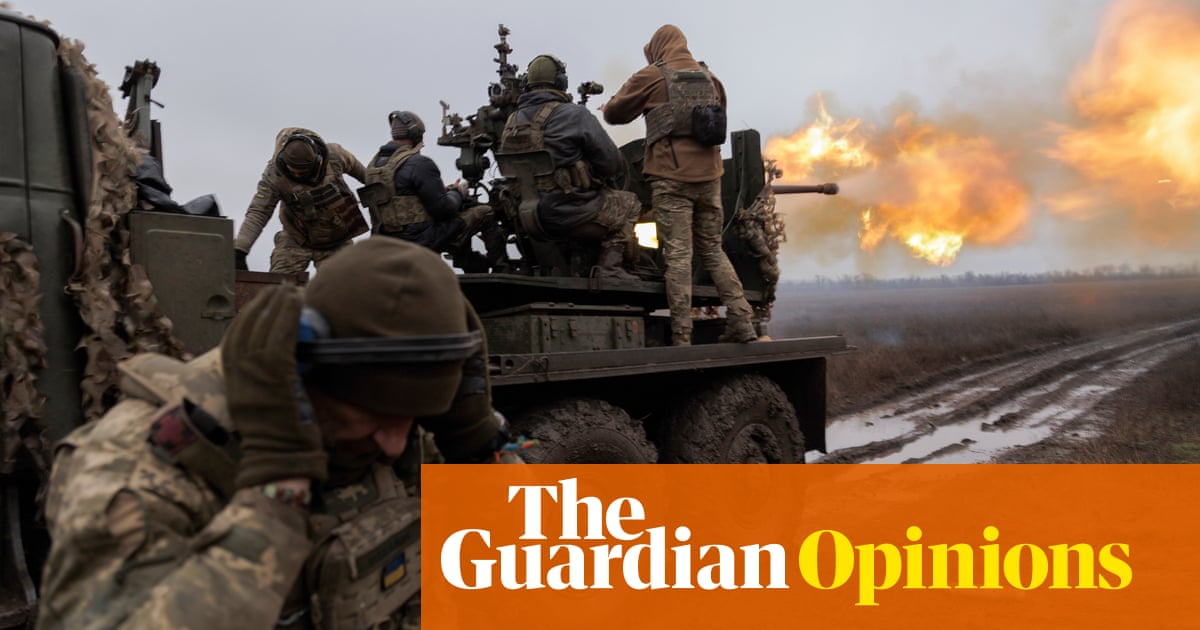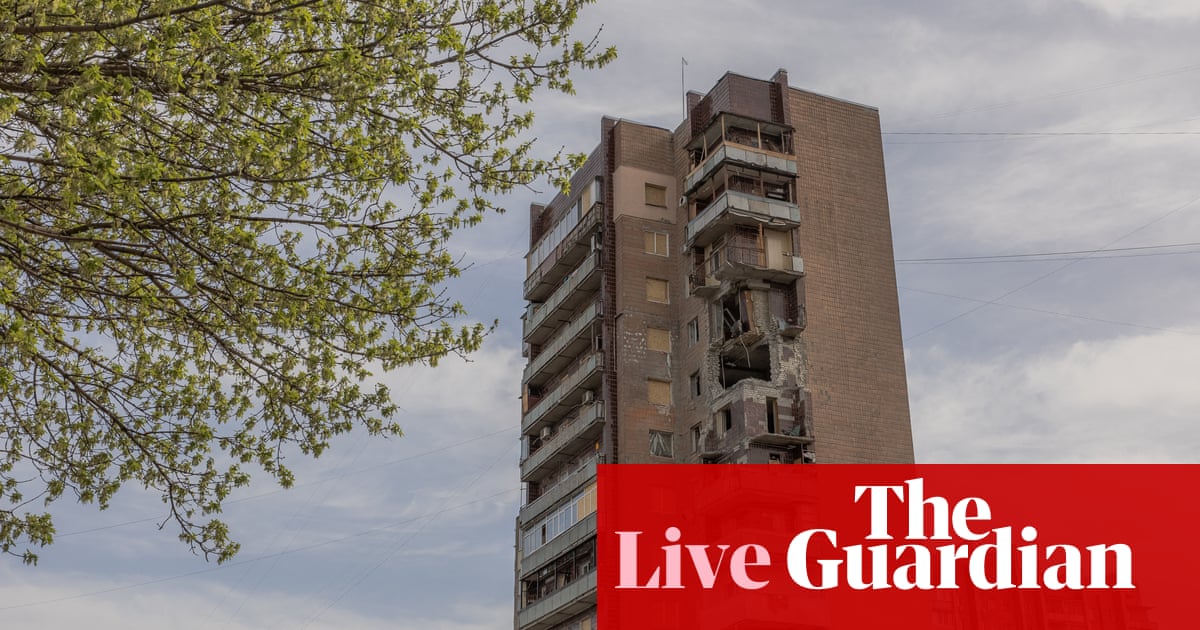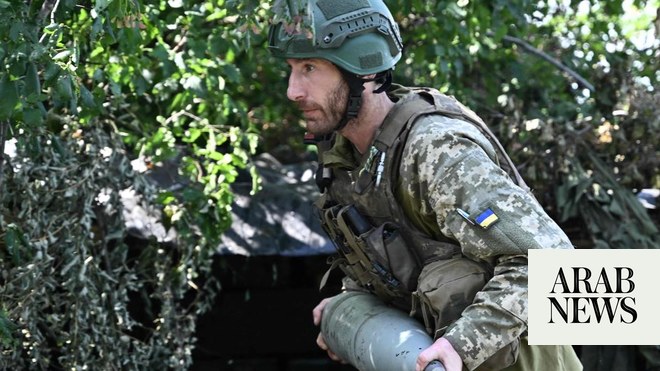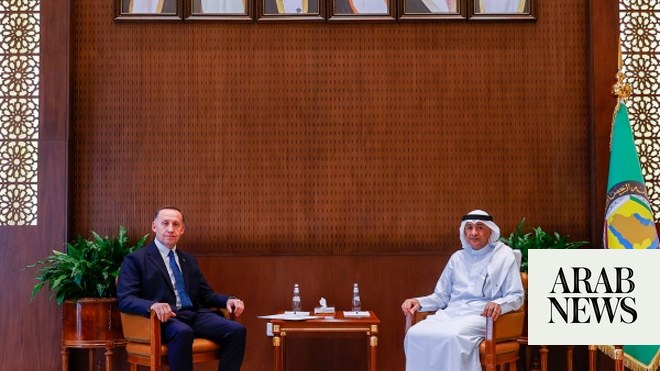
Every human being liberated from Russia’s savage occupation represents a victory for Ukraine. But the continuing liberation of occupied territories is vitally important outside Ukraine too. The ejection of Russian forces sends vital messages to Moscow, Washington and Brussels as well, and Ukraine’s advances will have broader impacts that are far more significant than the immediate tactical gains.
First, as with the Ukrainian autumn offensive overall, they are a clear demonstration to Kyiv’s western backers that the war is not static. Earlier in the year fears of a protracted stalemate were causing hesitation and doubt over whether Ukraine and its supporters could stay the course. Now, Ukraine has removed that doubt by seizing the initiative and maintaining it far longer than most outside observers thought possible. That can only stiffen western resolve to stand firm with Kyiv. In particular it has pulled the rug from under the persistent argument that Ukraine should “make concessions” to end the fighting – concessions that in many cases are indistinguishable from surrender.
Second, in Russia itself, the undeniable defeats suffered in Ukraine are presenting Russia’s propagandists with an unbridgeable reality gap. Earlier in the conflict Russia’s strong grip on the information reaching its subjects meant that war aims could be reinvented at will – and repeatedly were, as Russia failed to meet its stated objectives so had to think up new ones. Now, that grip has slipped, and instead of spinning the facts, the propaganda machine is spinning out of control. When one day Vladimir Putin declares that Russia has “annexed” parts of Ukraine and they will be Russian for ever, and the next day the news is full of Russian forces being driven out of them, even the most Orwellian suspension of reality will be put under strain. Even more, this will erode Russia’s international support still further as the farcical nature of Putin’s claims has been exposed for all the world to see.
Nevertheless while Ukrainian military success is also performance art that will help western backers hold their nerve, it is also a race against time. Russia is likely eventually to overcome the chaos of its initial efforts at mobilisation – and once the newly mobilised troops are finally deployed in some usable form, that will change the nature of the conflict once again. So it’s vital for the Ukrainian counteroffensive to continue to make progress faster than Russia’s mobilisation can be brought to bear.
Ukrainian success is also a balancing act. Some western politicians continue to fear Ukrainian victory, largely because Russia’s long-running campaign to persuade people that defeat for Russia will inevitably lead to the use of nuclear weapons has been spectacularly successful. Actual preparations for use of nuclear weapons would be a serious cause for concern. But that isn’t happening; according to the US government and other well-informed observers, Russia is not taking the necessary steps to prepare. And yet, after all this time, people are still paying attention to what Putin is saying rather than what his armed forces are doing.
Fear of nuclear use, and the idea that Russia has amended its nuclear doctrine to cover a broader range of circumstances, is greatest among analysts – nuclear experts among them – who are new to the Russia problem. In fact, there’s a clear divide between them and experienced Russia hands who tend to assign a much lower probability to Putin ordering a nuclear strike.
It’s not just threats of retaliation by the west that might cause Russia’s leadership to hesitate to order a nuclear strike. Russia knows full well that successful nuclear blackmail with or without an actual launch would set in train an appalling process of global nuclear proliferation. There are also practical considerations such as the possibility the Russian armed forces would be hesitant to follow an order to launch because they would prefer to continue to exist. And unfortunately for Europe, Russia has plenty of other means of causing destruction in Ukraine or intimidation across the rest of the continent before resorting to nuclear weapons.
Russia may have failed in successive efforts at undermining western support for Ukraine, such as grain blockades or gas cutoffs. But its options are far from exhausted, and Moscow will be looking for new ways to make this war personal for people across Europe and North America in the hope that they will put pressure on their governments to abandon Kyiv. One form of escalation that now seems less likely is a Russian attack on subsea energy infrastructure, now that the attacks on the Nord Stream pipelines have placed the whole of Europe on alert.
But Russian soldiers were roaming Europe carrying out murders and sabotage attacks well before 2022. Chemical or biological attacks, or resuming Moscow’s long-term practice of sponsoring violent terrorists to wreak havoc in the west, are all still options for a leadership in Moscow that has abandoned all restraint along with any aspiration to salvage its relationship with Europe.
So while Ukraine may be delivering spectacular successes on the battlefield for now, there is still a long way from today to the end of the war – and it’s still vital for Ukraine’s western backers to show stamina and resolve to see it through. Russia will undoubtedly find new means to test that resolve – and western politicians and citizens should be ready.
Keir Giles works with the Russia and Eurasia programme of Chatham House; he is the author of Russia’s War on Everybody












